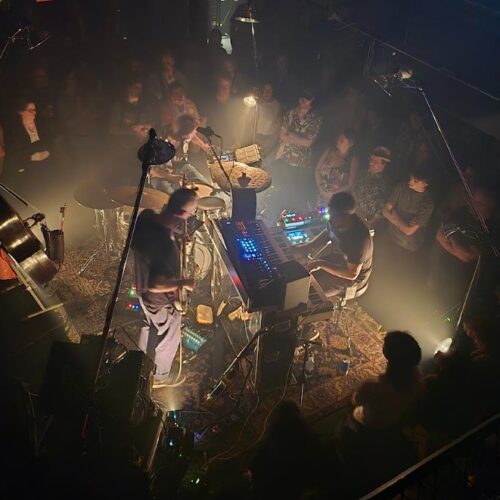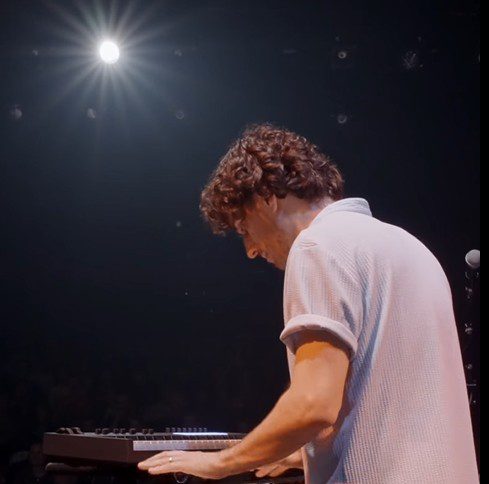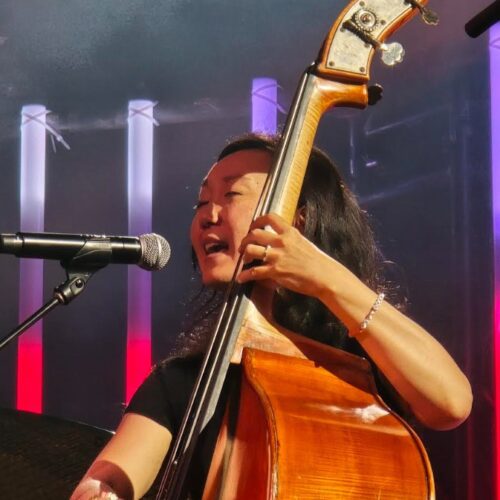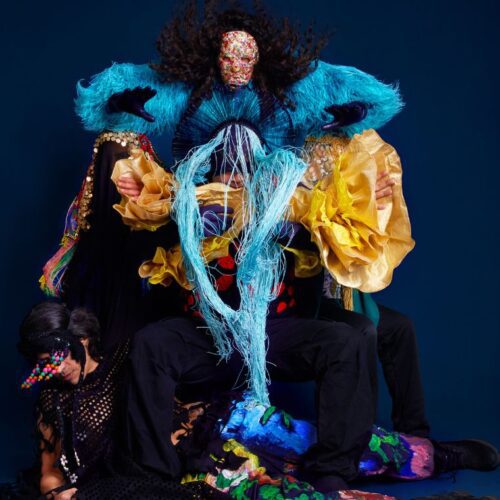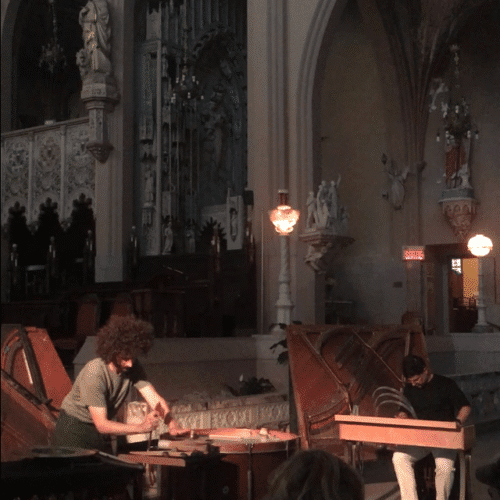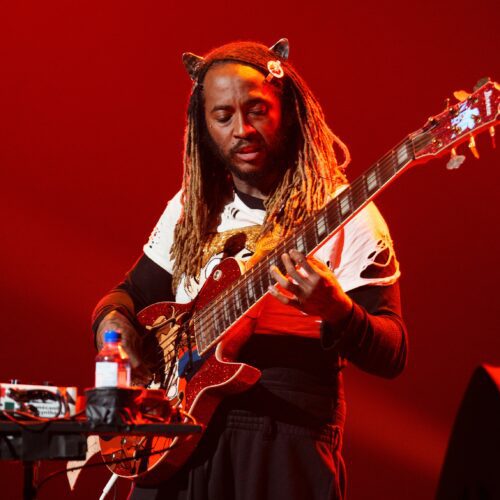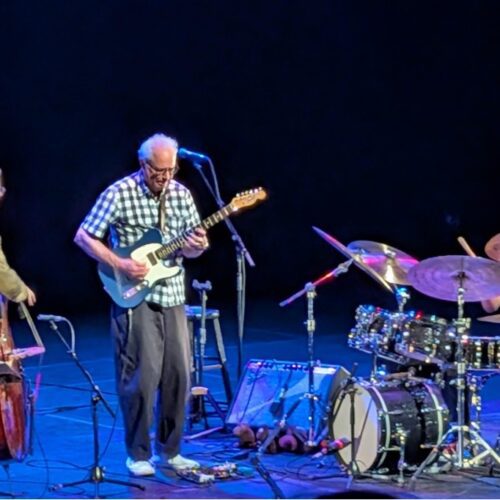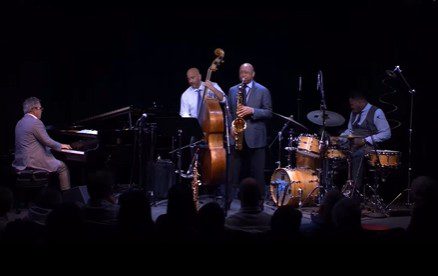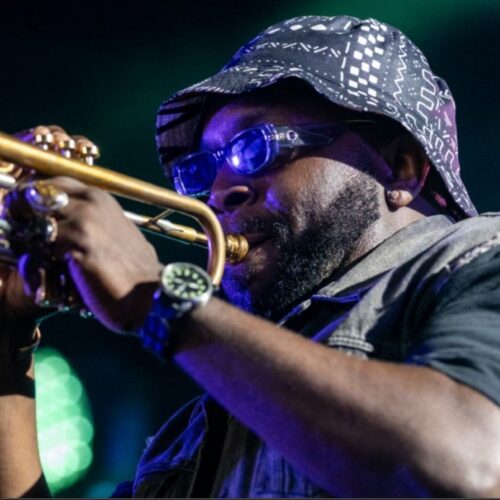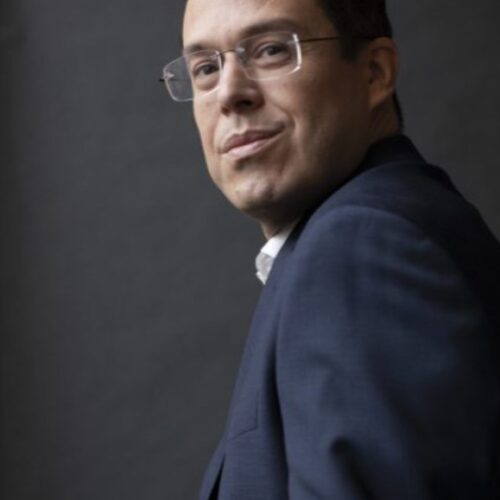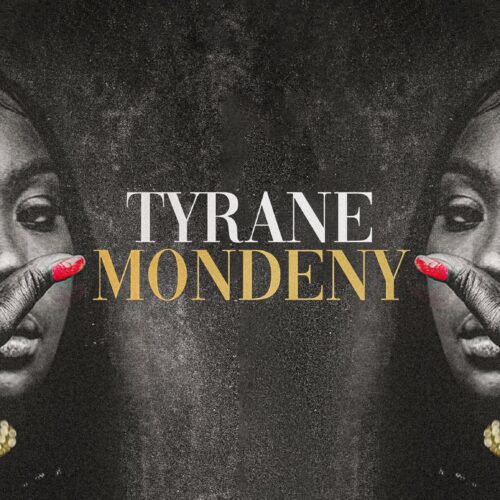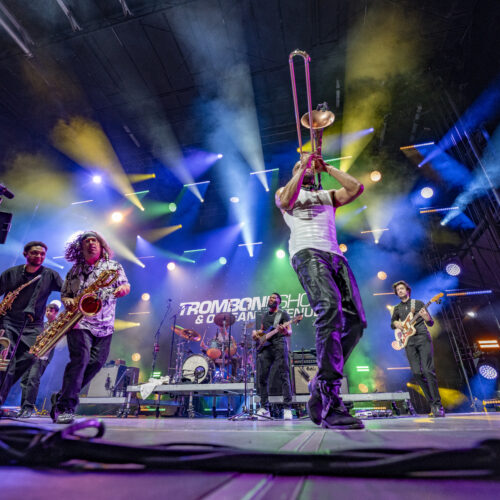The group’s mission is to bring together and promote independent festivals and cultural events as key players in Quebec’s economic, tourism and cultural development. Its members are characterized by the predominantly artistic dimension of their programming. The group has close to 60 members in the fields of music, visual arts and performing arts.

“I came up with the idea for this project a week after the lockdown,” says Kearny. “I had just launched my programming and since my event is in the spring, before everyone else, I was really worried. So I joined other festival directors to talk about this exceptional situation because we’re all in the same boat. The REFRAIN is not just a group of music festivals, it’s about all forms of arts from all over the province of Quebec. We have with us a circus arts festival, a festival of clowns, puppets, comic strips. At the moment, about 80 percent of the members are from music festivals. That said, not all cultural festivals can join REFRAIN – we only accept those with an annual budget of less than $3 million. So it doesn’t concern the Quebec City summer festival, the Montreal Jazz Fest, Osheaga, the Francofolies and others of the same scale. They have their own network, they have their own lobby, they don’t need us. We don’t have the infrastructure of these big festivals, we operate with a small team and a small budget, so we have to unite and help each other. Now what are we going to do with this grouping? Beyond the good things, exchanging ideas and information, we want to create a cultural route, a bit like the wine or cheese routes, we want to create a cultural festival route and promote all these provincial cultural events and local artists. We are programming mostly Quebec artists. Osheaga is an international festival, it’s completely different.”

Most of the member festivals of REFRAIN, after having all seen their summer editions of 2020 cancelled, are working against bad luck this year by programming all sorts of small events. “We’re able to adapt,” says Kearney, who’s been running the Santa Teresa festival for the past two years. “And that’s our strength; we’re not too big, we’re more flexible, we’re more versatile. So all these small festivals are doing relatively well despite the circumstances because the government has honoured its grants, as have many partners such as Musicaction, Factor, SODEC, SAQ, Hydro-Québec, quite a few of the people who invest in our events.
“Those threatened by this pandemic are mainly new events, those that are less than three years old. To receive government subsidies, your event must have been running for three years or more. So those are in hot water and we are lobbying the Ministry of Culture to help them through a small program where these events could receive perhaps $20,000, enough to allow them to get through the crisis and survive.
“We must not forget that festivals are a good source of economic spinoffs,” adds the man who has organized the Jeux du Québec several times and who is also president of the Quebec judo federation, and a coach. “The Festif de Baie St-Paul represents $4,000,000 in economic activity in four days. That’s a lot of cash for a town of 10 to 12,000 inhabitants! My fest in Ste-Thérèse, it’s almost $1,000,000 in one weekend! I can tell you that the local hotels and bars love us. It’s their biggest weekend of the year. And it’s the same in Rouyn, in Petite-Vallée… I don’t think that the REFRAIN will revolutionize the world of culture, but it will allow this culture to radiate.”


